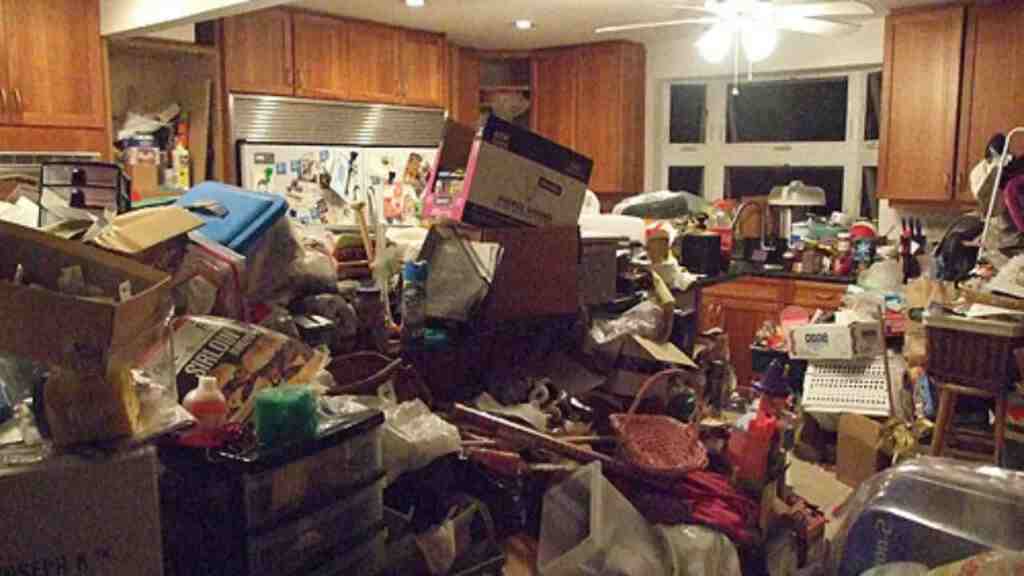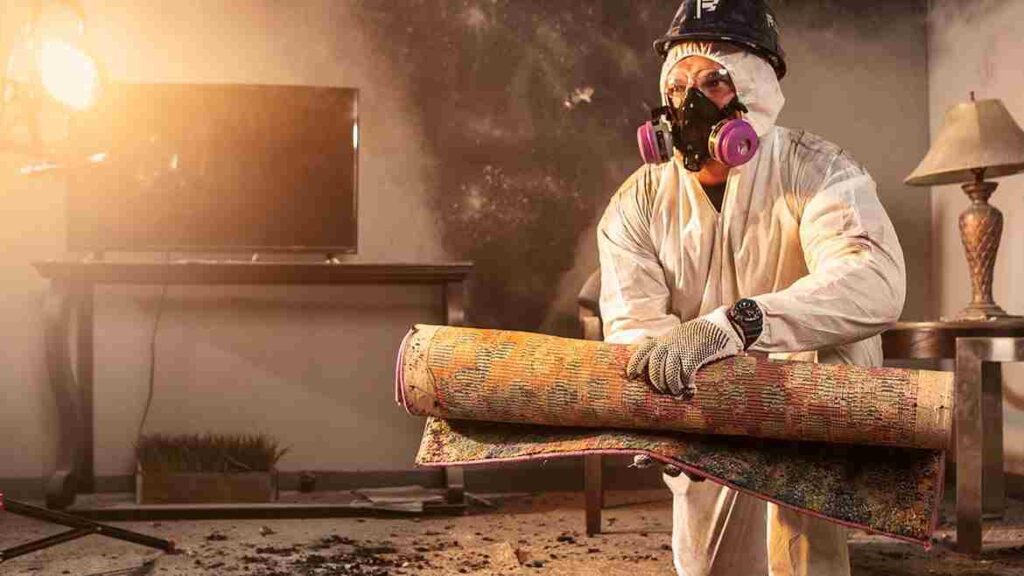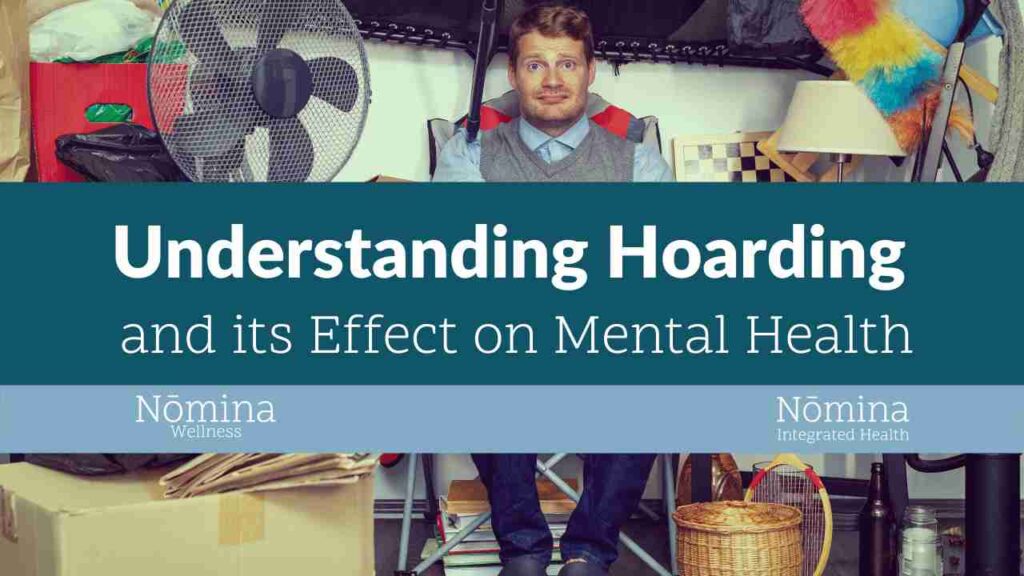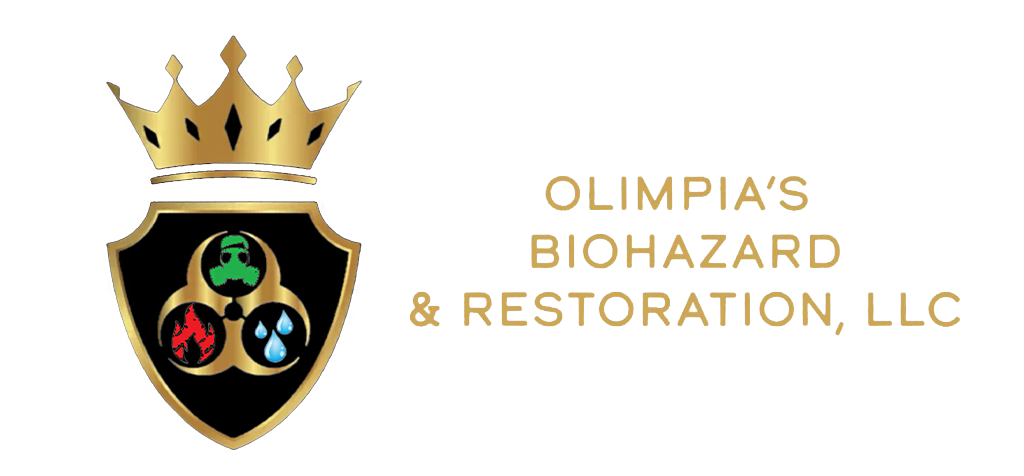When we think about cleaning services, images of sparkling homes and pristine offices often come to mind. But in the world of niche businesses, there’s a unique, challenging, and incredibly important field that often flies under the radar – hoarding cleanup. Hoarding, a complex disorder characterized by the excessive accumulation of items, poses a wide array of challenges for those affected and their families. In this article and with certified Olimpias Biohazard, we’ll delve into the world of hoarding cleanup as a niche business, exploring the opportunities it presents, as well as the unique challenges that come with it.


Hoarder cleanup service is not just about clutter; it’s about confronting deeply ingrained emotional and psychological issues, often rooted in trauma or anxiety. Hoarding cleanup professionals, equipped with both compassion and expertise, play a vital role in helping individuals regain control of their lives and living spaces, providing a path toward improved mental well-being and a safer, more functional environment. In this article, we’ll delve into the world of hoarder cleanup as a niche business, exploring the opportunities it presents, as well as the unique challenges that come with it.
Understanding Hoarding Disorder and Its Implications
Hoarding disorder is a complex mental health condition characterized by the excessive accumulation of items and an inability to discard them. It’s crucial to comprehend the psychological aspects behind hoarding, including its potential roots in trauma, anxiety, or other underlying issues. Top Signs That Hoarding Cleanup is Needed are important for understanding the disorder’s implications on an individual’s well-being and daily life, which is essential for hoarding cleanup professionals. It informs their approach to addressing not just the clutter but the emotional and psychological challenges that come with it.
The Role of Hoarding Cleanup Professionals
The process of hoarding cleanup is a multifaceted role for professionals who assist individuals affected by hoarding disorder. They are not only tasked with physical cleanup but also act as supportive, empathetic guides through a challenging process. Their role extends to creating a safe and functional living environment, advocating for mental health resources, and providing emotional support for individuals and their families as they work toward recovery.


Compassion and Empathy in Hoarding Cleanup
Empathy is key to building trust and cooperation, which are vital for a successful cleanup process. Balancing the need for a clean and safe living space with the emotional needs of those involved is a delicate and essential aspect of this work. The emotional toll of hoarding cleanup underscores that compassion and empathy are at the heart of hoarding cleanup services. Hoarding cleanup professionals must approach their clients with patience, kindness, and an understanding of the emotional turmoil that individuals with hoarding disorder experience.
Hoarding Cleanup Techniques and Best Practices
Effective hoarding cleanup involves a range of techniques and best practices. Cleanup professionals are trained in organizing, sorting, and safely disposing of accumulated items. They follow specific protocols for decluttering, cleaning, and sanitizing spaces while prioritizing safety and minimizing health risks. Using appropriate equipment and materials, they restore homes to a more functional state, all while respecting the emotional attachment clients may have to their belongings.
Safety Precautions and Health Risks in Hoarding Cleanup
Hoarding cleanup comes with inherent health risks due to the potential presence of biohazards, structural damage, and unsanitary conditions. Professionals must take safety precautions seriously to protect themselves and their clients. This includes using Personal Protective Equipment (PPE), employing proper ventilation, and identifying and mitigating health hazards. Awareness of potential risks is crucial for the well-being of everyone involved in the cleanup process.
Mental Health Considerations in Hoarding Cleanup
Mental health considerations are a core component of hoarding cleanup. Professionals need to be aware of the emotional strain clients experience during the cleanup process and the potential for anxiety or distress. Supporting individuals with hoarding disorder often involves connecting them with mental health resources and providing a compassionate, non-judgmental environment that fosters recovery.
Legal and Ethical Aspects of Hoarding Cleanup
Hoarding cleanup professionals must navigate legal and ethical considerations in their work. This includes understanding the rights and responsibilities of the individuals involved, ensuring compliance with local ordinances and regulations, and maintaining ethical standards in their interactions with clients. Addressing these aspects professionally and ethically is essential to provide a comprehensive and supportive service.


Challenges Faced in Hoarding Cleanup
Hoarding cleanup is not without its challenges. Professionals encounter obstacles related to client cooperation, emotional resistance to decluttering, and the need for extensive time and effort. Understanding and addressing these challenges is vital to providing effective support and achieving successful cleanup outcomes.
Specialized Training and Certification for Cleanup Experts
Specialized training and certification are essential for hoarding cleanup professionals. They need to be well-versed in the unique challenges of hoarding disorder, biohazard handling, safety protocols, and the mental health aspects of the job. Certification demonstrates their expertise and commitment to providing high-quality services while ensuring compliance with industry standards.
The Positive Impact of Hoarding Cleanup on Individuals and Communities
Hoarding cleanup can have a profound positive impact on both individuals and communities. Restoring a safe and functional living environment not only benefits the affected individual’s mental well-being but also contributes to the overall improvement of the neighborhood. By addressing hoarding issues, professionals play a role in building healthier and safer communities.
Case Studies and Success Stories in Hoarding Cleanup
Examining real-world case studies and success stories provides valuable insights into the practical aspects of hoarding cleanup. These studies showcase the challenges faced, the strategies employed, and the transformative impact of hoarding cleanup on the lives of individuals and their communities. They serve as a source of inspiration and learning for professionals in the field.
Conclusion:
In conclusion, hoarding cleanup is a challenging but profoundly impactful niche business that extends far beyond merely decluttering spaces. It requires an understanding of hoarding disorder, compassion, and empathy to address the deeply ingrained emotional and psychological issues that individuals face. The role of hoarding cleanup professionals encompasses not only physical cleanup but also guiding clients toward a path of improved mental well-being and a safer, more functional environment. By adhering to best practices, safety precautions, and ethical considerations, professionals play a vital role in facilitating the recovery process. Their work not only benefits the individuals directly involved but also has a positive ripple effect on communities, transforming neighborhoods and contributing to the overall betterment of society.
FAQs:
What is hoarding disorder, and how does it differ from clutter?
Answer: Hoarding disorder involves excessive accumulation often rooted in emotional issues, whereas clutter may be a typical accumulation of possessions. Hoarding interferes with daily functioning.
2. What qualifications and training do hoarding cleanup professionals need?
Answer: Hoarding cleanup professionals typically require specialized training and certification in areas such as biohazard handling, safety protocols, and mental health considerations.
3. Is it essential to approach hoarding cleanup with empathy and compassion?
Answer: Yes, empathy and compassion are crucial. Hoarding cleanup involves addressing emotional and psychological challenges alongside physical clutter, creating a supportive and non-judgmental environment.
4. What are the health risks associated with hoarding cleanup?
Answer: Health risks can include exposure to biohazards, structural damage, and unsanitary conditions. Professionals must take safety precautions seriously to protect themselves and their clients.
5. How can hoarding cleanup positively impact communities?
Answer: Hoarding cleanup not only benefits individuals but also contributes to safer and healthier neighborhoods, improving overall community well-being by addressing hoarding-related issues.
